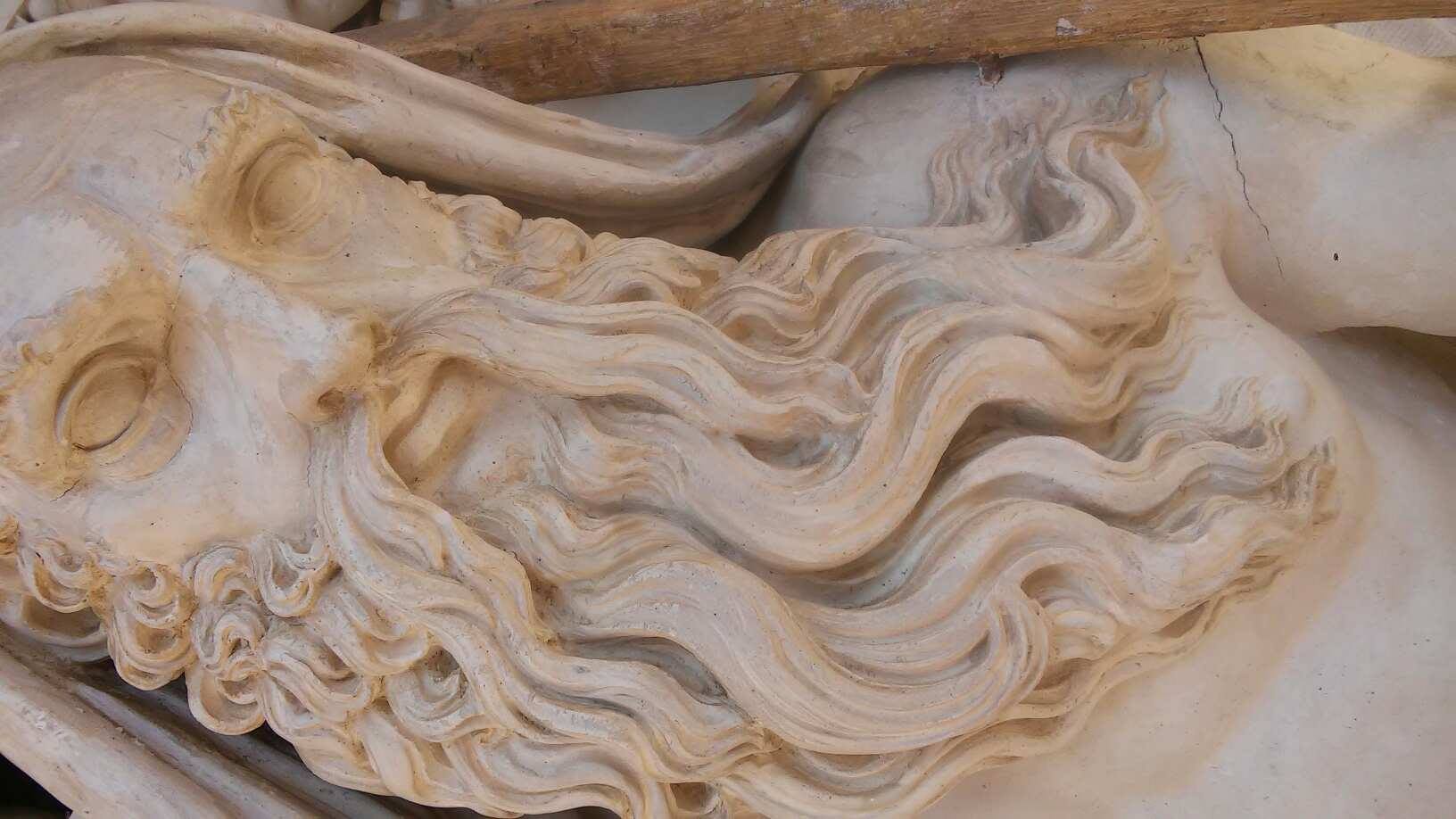Titus Maccius Plautus was born a little before 250 BC in Sàrsina, a city included in the region of Umbria that at the time was more extensive than the current region, positioned where today is Romagna, and died in 184 BC. Famous playwright, he wrote and made public his first comedies in the period of the second Punic war, or in 218-201 a.C.
Plautus devoted himself entirely to the theater from 255 B.C. Plautus writes more Palliate, or comedies of a Greek setting, and in these he makes use of the contaminatio, which means using notions of other works.
The works of Plautus
What differentiates Plauto from other authors is his ability to entertain the audience with scenes of everyday life, and this feature made him so famous that many acolytes or playwrights signed his own comedies in order to find greater success. In fact, one hundred and fifty years after his death, Marco Terenzio Varrone, a famous scholar, willing to deal with the authenticity of his works, counted one hundred and thirty comedies in the name of Plautus, but he certainly declared twenty-one plautine, but two are considered spurious.
Works of Plauto
Amphitruo: defined as tragicomedy, tells of Jupiter who, in love with Alcmena, takes on the appearance of her husband Anfitrione to unite with her (from this union will be born Ercole). From here arise various misunderstandings caused by exchanges in person
Asinaria: tells of a young man in love with a courtesan who can own it thanks to the money obtained from the sale of some donkeys, in complicity with his father, who would also like to take advantage of the girl; but the latter is discovered by his wife who will sneer and shame him.
Aulularia: the protagonist is Euclione, depiction of the miser; he has found a pot (aulula) full of gold and lives with the fear that it is taken away from him. Then a young servant steals it from him, in love with the daughter of Euclione, who is betrothed to an elderly neighbor named Megadoro. The return of this pot to Euclione allows the marriage between the young and the daughter.
Bacchides: two courtly sisters (Bacchidi) become lovers of two young friends thanks to the money stolen from the servant to the father of one of the two. In the final scene the two fathers let themselves be seduced by the Bacchidi and one evening they go to a house and they party with their children.
Captivi: a father named Egione wants to obtain the return of his son, a prisoner of war, exchanging it with two enemies, servant and master. Egione, deceived by the servant who pretends to be master, holds the fake master as a pledge and leaves the real one, named Tindaro. The latter, out of gratitude towards the servant, returns bringing with him the son of Egione. Later it turns out that Tindaro is also the son of Egione, kidnapped as a child.
Casina: as protagonist we have Casina, a foundling whose favors would like to enjoy an old man and his son; the old man tries to make her marry with his own factor, who should then make it available to him: but his wife, helped by a friend, makes a young squire dress up as a bride to make fun of the old man. Casina, on the other hand, will be recognized as free and will be able to marry her son.
Cistellaria: a young girl raised by a courtesan is likely to take the same path, is recognized as a free status thanks to the trinkets left to her when she was newborn. So she can marry a young man in love with her and promised to another girl.
Curculio: a young man, with the help of his parasitic servant (curculio) who performs a series of deceptions, manages to take away the girl he is madly in love with by his leno and to the soldier who was promised to marry her; in the end the girl is recognized as free and sister of the soldier and so she marries the young.
Epidicus: the plot is based on cleverly designed expedients from the Epidean servant against the master Perifane. The thing that interests the servant is to get the money to give it to the son of Perifane, who would use it to win two different courtesans of which he fell in love. When the servant’s lies are about to be discovered, one of the two courtesans discovers daughter of Perifane. Finally Epidico is rewarded with freedom.
Menaechmi: a boy, named Menecmo, takes a trip to look for his brother, lost as a child, but in the city where he lives there will be a series of misunderstandings, even before the two brothers meet, because these are the same both of name that of appearance and therefore they are exchanged for each other.
Mercator: this comedy is based on the rivalry between father and son due to a courtesan bought by the latter on a business trip. A father’s friend pretends to want to buy the girl for himself, but in reality he has every intention of leaving her to his father. But the latter is discovered and shamed by the energetic intervention of his wife.
